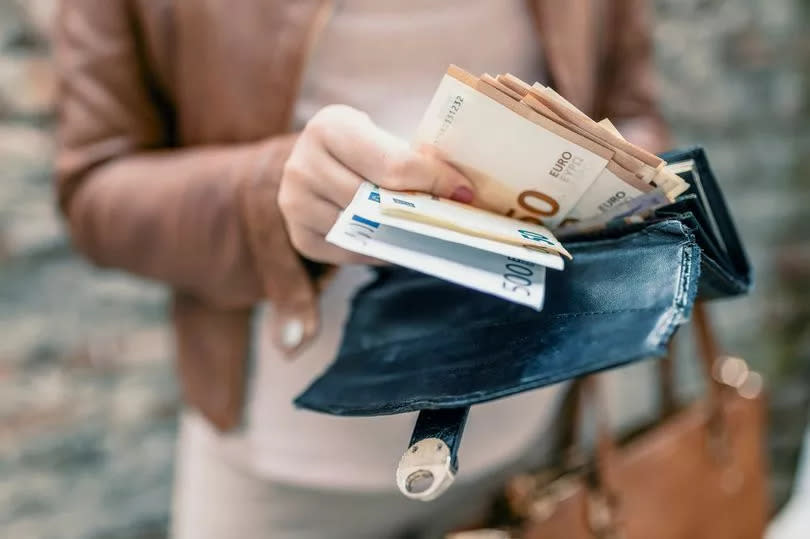Money expert explains how to pay for things on holiday - and the one simple rule to follow

A financial expert has shared his advice on the best way to pay for goods and services on holiday - and the simple rule tourists should always follow.
When paying by card abroad, customers are often asked if they would like to pay for the transaction in pounds or the local currency. Money expert Matt Allwright has explained which option you should select to avoid needlessly throwing away money.
Speaking to BBC’s Morning Live, he said: "Repeat after me: always, always pay in local currency. It is key. If you pay in Sterling overseas, it has to go to another exchange process which we call a dynamic currency conversion. It is happening over there.
Read More: Eight passport mistakes that can get you turned away at the airport, according to travel expert
Get all the latest money news and budgeting tips from Chronicle Live with our free newsletter
"You don’t get to see what that rate is but it is going to cost you even more than the exchange that has taken place already. You know the rate that you are paying already, because they will add a bit more to turn it back to Sterling."
Many tourists are often stumped as to whether they should take foreign cash or card when travelling to Europe. Matt suggested taking both cash and card to offer both flexibility and the best deal. He said he takes enough cash to last him for two days – so he can reach an airport in an emergency and pay for a couple of meals if his card does not work, reports the Mirror.
Discussing using cards abroad, he added: "We know that, very often, credit or standard debit cards which you might already have in your pocket already take exchange rates from Visa or MasterCard and add a foreign transaction fee and a Stirling transaction fee – those are the terms you need to be looking for from your regular provider. That can be up to three per cent, meaning something costing you £100 in foreign currency suddenly costs you £103.
"It also applies when you are buying foreign currency online. Some debit or credit cards don’t apply this fee. Check with your provider because it might be fee-free.
"You are still protected by Section 75 with credit card – that extra protection you get still works overseas. If you are buying bigger things overseas, that can be a really useful thing to have.
"Some cards, in addition to the three per cent, will penalise you further per transaction for spending money overseas – some even more when it is outside the European Economic Area. It could be 50p to £1.50 per transaction if you use one of those cards, making it a very expensive cup of coffee."

 Yahoo News
Yahoo News 
